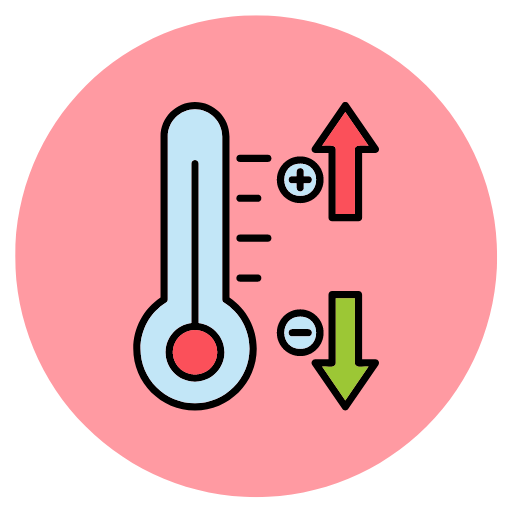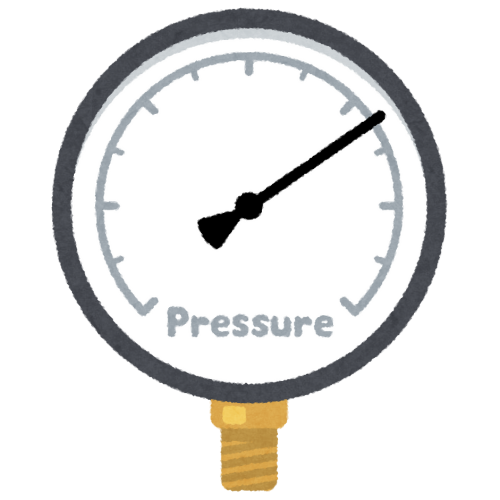About Healthy/Ideal Weight Calculator
How Much Should I Weigh for My Height and Age?
Maintaining a healthy weight is essential for overall well-being, not just for adults but also for children. For adults, it impacts the quality of life, while for children, it plays a crucial role in both physical and psychological development. The height and weight chart is more than just a guide—it’s a tool for monitoring adult health and a key metric for evaluating a child's growth. However, there isn’t a one-size-fits-all ideal weight. Factors like height, body type, and fat distribution contribute to individual differences. A healthy weight is one that lowers the risk of developing diseases related to excess weight, and this varies from person to person based on age, genetics, lifestyle, and body type.
Understanding your body’s weight is important, but it’s not the only factor in maintaining good health. While healthy weight standards exist, they are guidelines. Achieving a healthy weight means managing your weight in a way that reduces risks of disease and enhances your quality of life.
What is Body Mass Index (BMI)?
Simply relying on a height-weight chart to determine your ideal weight is not enough. Your body composition—fat, muscle, and bone—should also be taken into account. One common measure for this is the Body Mass Index (BMI), which provides a general idea of your body fat based on your height and weight. Although BMI doesn’t precisely measure fat, it’s a widely used tool for determining health risks related to weight. BMI is calculated by dividing your weight (in kilograms) by your height (in meters squared).
BMI categories are:
- Underweight: BMI less than 18.5
- Healthy Weight: BMI between 18.5 and 24.9
- Overweight: BMI between 25.0 and 29.9
- Obese: BMI 30.0 or greater
BMI is a useful guide, but it’s important to consider other factors such as fat distribution and muscle mass. For instance, someone with high muscle mass may have a high BMI but not necessarily an unhealthy amount of body fat.
How Body Weight is Commonly Measured
BMI is the most commonly used tool to assess weight, but it has its limitations. Although it standardizes weight according to height, BMI does not differentiate between muscle and fat or account for fat distribution. This can lead to misinterpretations, such as classifying a muscular person as overweight or obese. Conversely, someone with a normal BMI but high abdominal fat could still be at risk for chronic health issues. Despite these shortcomings, BMI remains a reliable population-level measure of health risks associated with weight. For an accurate health assessment, BMI should be combined with other measurements like waist circumference, body fat percentage, and waist-to-hip ratio.
What Causes Weight Gain?
Many factors contribute to weight gain, ranging from diet to genetics. Here are some common causes:
-
Dietary Choices: The types of foods you eat greatly influence your weight. A diet high in processed foods, sugary drinks, and fast food can lead to weight gain.
-
Genetics: Some people are more genetically predisposed to gaining weight or accumulating belly fat. However, a healthy diet and regular exercise can counteract genetic risks.
-
Physical Inactivity: Regular exercise is key to maintaining a healthy weight and lowering the risk of chronic diseases like heart disease and cancer. Lack of physical activity can lead to weight gain.
-
Chronic Stress: Stress can lead to unhealthy eating habits like craving sugary or high-fat foods. Additionally, stress can disrupt sleep, which may result in weight gain.
-
Lack of Sleep: Research shows a link between insufficient sleep and weight gain. People who sleep less tend to weigh more than those who get adequate rest.
How to Achieve a Healthy Weight
Maintaining a healthy weight reduces your risk of diseases like heart disease, diabetes, and cancer. Factors such as waist size and weight gain since young adulthood can significantly influence your health risks. While genes and hormones play a role in body weight, consuming more calories than you burn is the most common cause of weight gain.
To achieve and maintain a healthy weight, focus on two key areas:
-
Diet: Avoid processed foods and sugary drinks. Opt for whole foods, lean proteins, and vegetables. A balanced diet is crucial for weight management.
-
Physical Activity: Incorporate more movement into your daily routine. Regular exercise is essential for burning calories and keeping your body healthy. Even small increases in daily activity can have significant long-term benefits.
It’s not just about going on a diet—changing your lifestyle is essential for long-term success. Seek support from family, friends, or a group with similar health goals. You can engage in activities like playing with your children, taking a fitness class, or joining a gym. The rewards of a healthy lifestyle are well worth the effort.
In summary, understanding your ideal weight involves more than just a number on a scale. It’s about finding a balance that works for your body, reducing your risk of disease, and improving your overall well-being. By focusing on proper diet, physical activity, and holistic health measures, you can reach and maintain a healthy weight that enhances your life quality.







